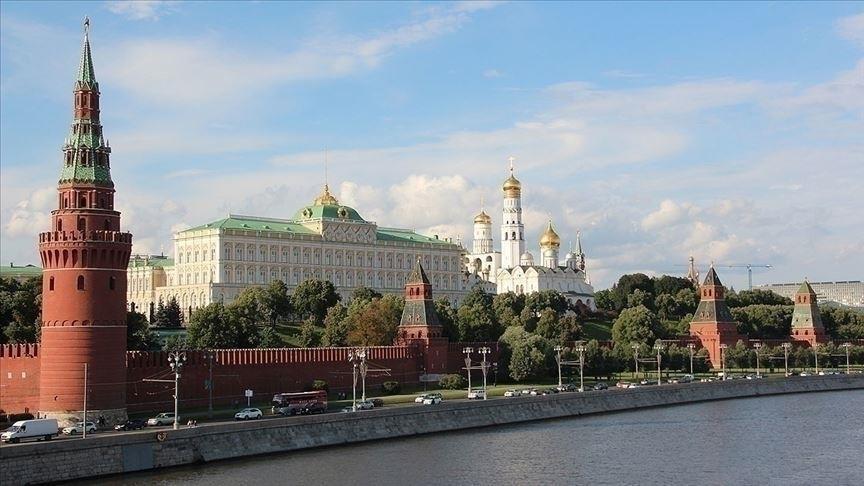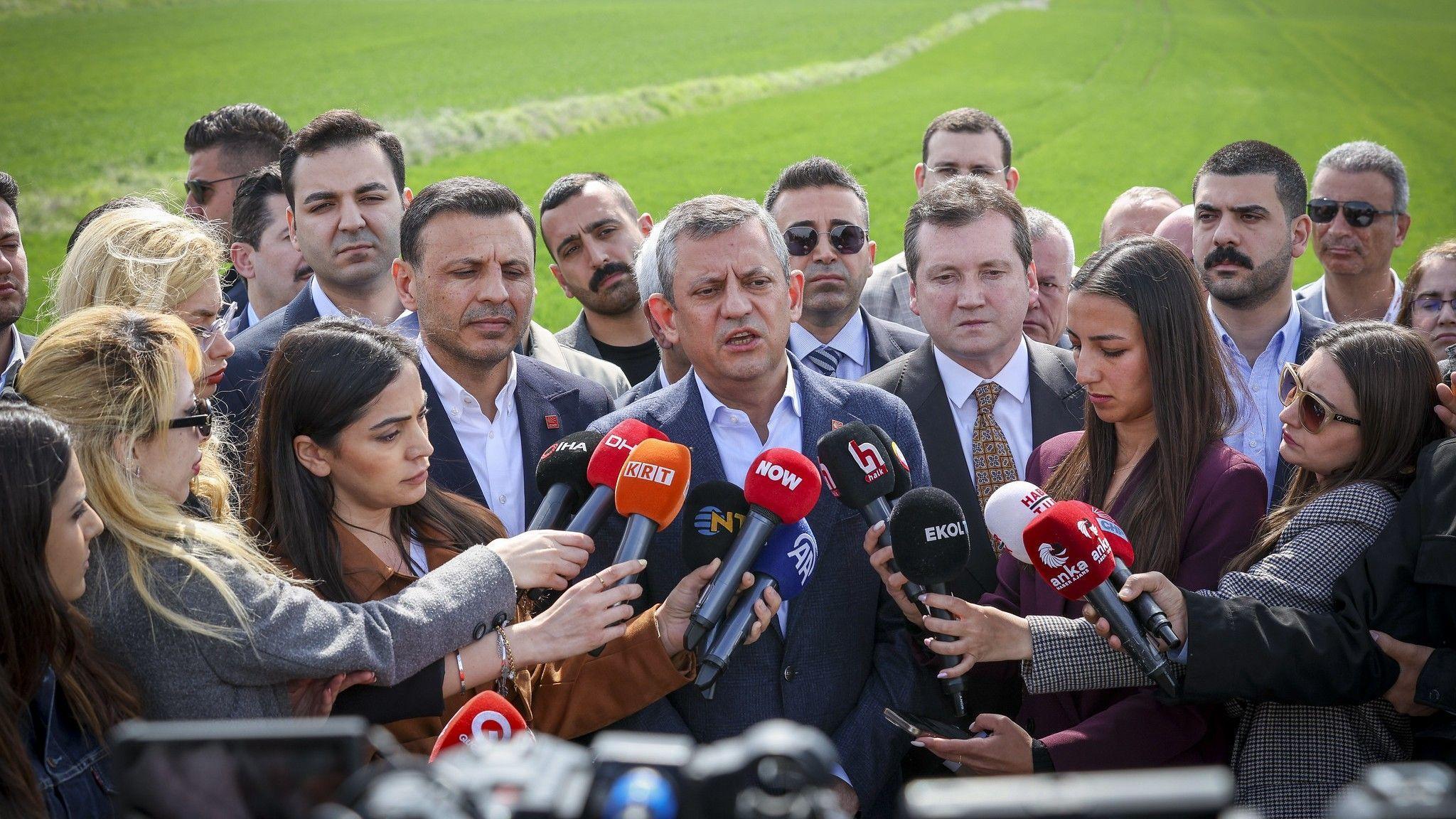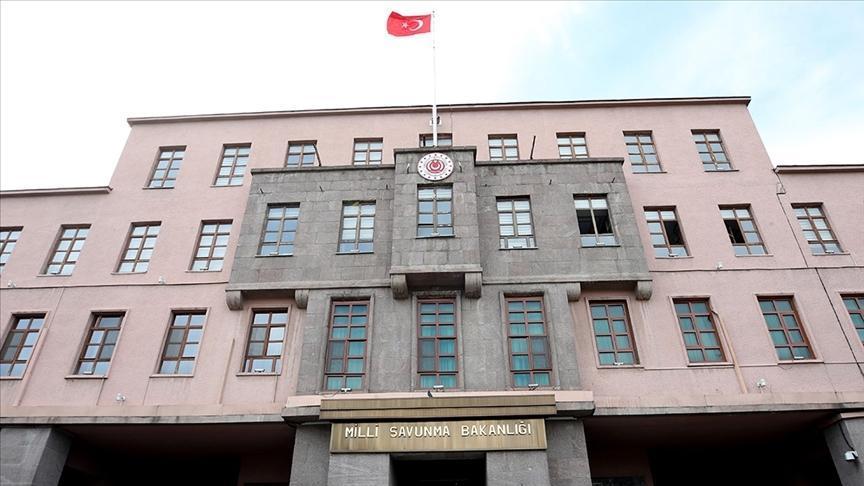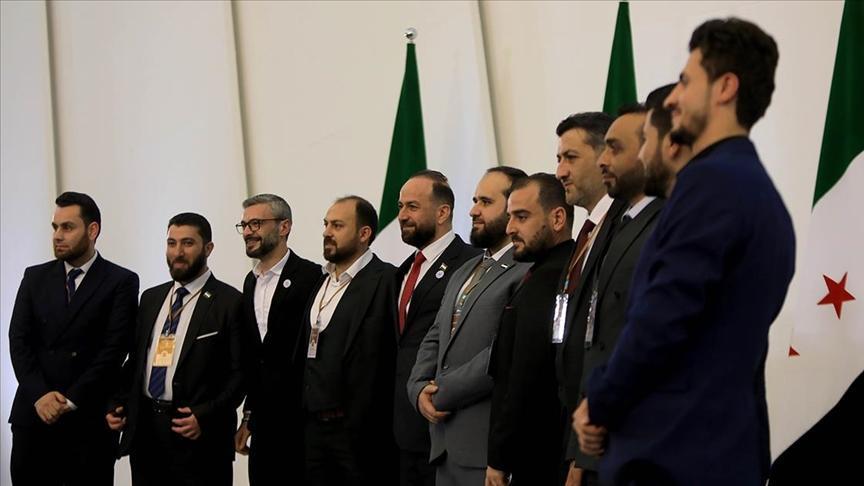Blue Homeland ‘shows Turkey has become a maritime power’
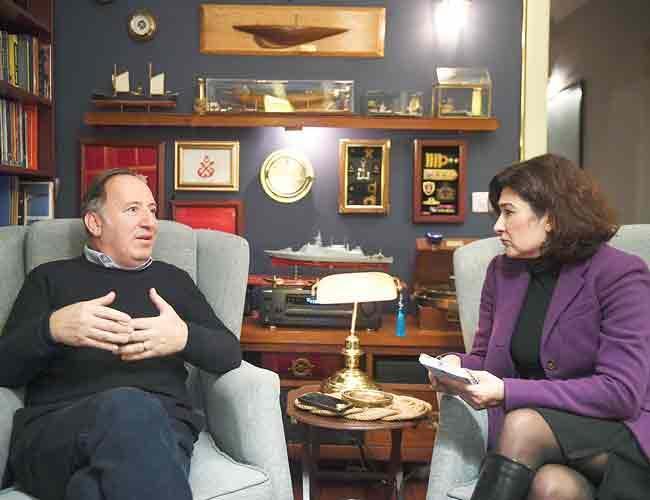
‘The Blue Homeland naval drill shows Turkey has become a maritime power,’ says a retired admiral. ‘It is also a manifestation toward the enlarging blocks against Turkey in the eastern Mediterranean,’ adds Cem Gürdeniz, who is the father of the name ‘Blue Homeland.’
‘We have our own indigenous defense industry satisfying most of our defense needs,’ says retired admiral Cem Gürdeniz during an interview with the Hürriyet Daily News.
The “Blue Homeland” naval exercise demonstrates Turkey has become a maritime power since it has been conducted by nationally built naval elements, according to a retired admiral. “The navy’s strength does not come from the number of its ships but from the industrial support behind it,” said Cem Gürdeniz. The center of gravity of the drill is the eastern Mediterranean, as it harbors the biggest geopolitical challenges, Gürdeniz told Hürriyet Daily News.
It seems you have fathered the name of the exercise.
It was in 2006 when I was the director of the Plan and Policy Division of the Turkish Naval Forces Command Headquarters, I decided to use this term in order to indicate our maritime jurisdiction areas—declared and undeclared. When I started to write for Aydınlık daily newspaper in 2013, the title of my column was “Blue Homeland.” I had written then that the Blue Homeland will be much more important for Turkey in the 21st century as it encompasses not only the areas in the Black Sea, where we have established delimitations during the Soviet Union, but also in the Aegean and the eastern Mediterranean, where we have not and this remains contentious. I had foreseen that the eastern Mediterranean would be a major conflict area between Turkey and other countries.
Why is it that it has been the first time Turkey is holding a naval exercise in the three surrounding seas?
It has been declared the biggest exercise ever in the history of the Turkish Republic. Some 103 warships have participated, consisting of multilateral and triservices, with the involvement of the Turkish Air Force and the Turkish army. It has taken place as a manifestation against the enlarging blocks against Turkey in the eastern Mediterranean.
The three major geopolitical issues involving Turkey’s future in the 21st century are energy resources in the seabed, the future of the so-called Kurdistan with a sea port, and the future of Northern Cyprus.
The drill is taking place in the Black Sea as well. Should it be interpreted as a message against Russia as well?
No, because Turkey’s relations with Russia in the last couple of years are considered to be in their best phase compared to the last 100 years. Turkey has never conducted a NATO exercise in the Black Sea during the Cold War in order not to disturb the strategic balance between Turkey and the Soviet Union. In addition, during this exercise, Turkish warships will conduct port visits in every littoral country, including Russia. If Russia had perceived it as an unfriendly gesture, she would not have allowed it.
The center of gravity in the Blue Homeland exercise seems to be the eastern Mediterranean; could this then be perceived as a message against Turkey’s NATO-ally Greece and others?
If a country targets your maritime interests, if they are targeting your continental shelf rights, your exclusive economic zone (EEZ) rights and try to grasp a chunk of your maritime jurisdiction areas, of course you cannot distinctly target these countries but you can demonstrate your stance.
In the years following the Gülenists’ coup attempt, Turkey has been facing big challenges from Greece and the Greek Administration of Southern Cyprus (GASC), as well as from the United States and the European Union. They have almost formed an opposing bloc against Turkey. This bloc is trying to impose delimitation in the eastern Mediterranean, which is grasping almost more than 100,000 square kilometers from Turkey.
When you look at the map from EU institutions, the delimitation on these maps does not correspond to that of Turkey. Unfortunately, the Turkish Foreign Ministry has not yet declared our continental shelf or EEZ boundaries in the Mediterranean. They have only declared the longitude of the eastern border west of the Cyprus to the United Nations via two votes in 2004 and 2012. Greece, Greek Cypriots, Egypt and Israel do not recognize this. Together with the U.S., these two countries are holding military exercises almost every month against Turkey. American and European energy companies are holding exploration and exploitations works on the illegally declared Greek Cypriot license zones that overlap the Turkish Continental Shelf.
So would you argue that access to eastern Mediterranean resources are being denied and that the “Blue Homeland” drill is a manifestation of Turkey’s stance?
Indeed. But it also goes beyond that. Blue Homeland has become Turkey’s maritime doctrine and it shows Turkey is becoming a maritime power. Normally, Greeks have thought Turks are land people and believed the sea belonged to them. For the first time in centuries, Turks are saying, “we are now in the sea and we have a strong navy.”
So, is it also a message to underline that it has become a naval power?
Turkey was already a naval power but it is now building its own warships. We have our own indigenous defense industry satisfying most of our defense needs. The Turkish Navy’s strength is not coming from the number of the ships but from the industrial support behind it. Press releases underline the fact that the navy is conducting exercises with nationally built ships.
Would you also say the exercise is a special message to Western powers who do not want Turkey’s access to energy sources?
Yes and they also do not want Turkey to join the maritime club of the developed world. If you look at maritime civilizations, you will see that almost all of the hegemonic states are maritime powers with imperial heritage. This is a very exclusive club: England, France, the U.S., Japan, etc.
Turkey is striving to be a maritime state. The Turkish Navy has reached the point only the maritime states can have and that is the main reason behind the FETÖ action against the navy during the Ergenekon and Sledgehammer cases. As you may recall, the main target was the Turkish Navy at that time. After 2008, the Turkish Navy started to operate permanently in the Indian Ocean.
While defining maritime powers, you used the term hegemonic powers. Does Turkey aspire to be a hegemonic power?
We would not be a hegemonic power; we just want to safeguard our maritime geopolitical rights as well as Turkish interests worldwide.
Some might ask what the Turkish Navy is doing in the Indian Ocean?
If you are the world’s 17th largest economy, if you have business interests worldwide, if there are Turkish citizens scattered in almost every corner of the world who look at Ankara, and if you are dependent on sea transportation by 90 percent for your exports and imports, then you have to protect these seaways and your interests. Anywhere Turkish-flagged merchant ships are sailing, you need to have warships to protect them when needed. You first have to focus on your periphery, which are the Indian Ocean and the Red Sea. During the piracy attacks in 2008, many Turkish merchant ships were hijacked and NATO was not active there at the time, which is the main reason why Turkey sent warships to the region.
Turkey is becoming a bigger trading state; it had to have become a maritime power in time?
Exactly. In the future, Turkey will need more ships because of our interests in Africa, our relations with the Gulf states, and even with China, through the One Belt One Road (OBOR) project.
 WHO IS CEM GÜRDENİZ?
WHO IS CEM GÜRDENİZ?
Admiral Cem Gürdeniz graduated from Turkish Naval Academy in 1979.
He completed his educations in Turkish Naval War College and Armed Forces College in 1989 and 2002 respectively. He holds two masters degrees from the U.S. Naval Postgraduate School and Université Libre Brussels (ULB) in personnel management and international politics.
He was promoted to the rank of Rear Admiral (lower half) in 2004 and upper half in 2008.
He served as the Chief of Strategy Department and then the head of Plans and Policy Division in Turkish Naval Forces Headquarters.
As his flag combat duties, he has served as the commander of Amphibious Ships Group and Mine Fleet between 2007 and 2009.
He retired in 2012. In 2015, he founded the Istanbul Koç University Maritime Forum, of which he is the director. He is a columnist in a daily newspaper on maritime issues and has written eight books.


